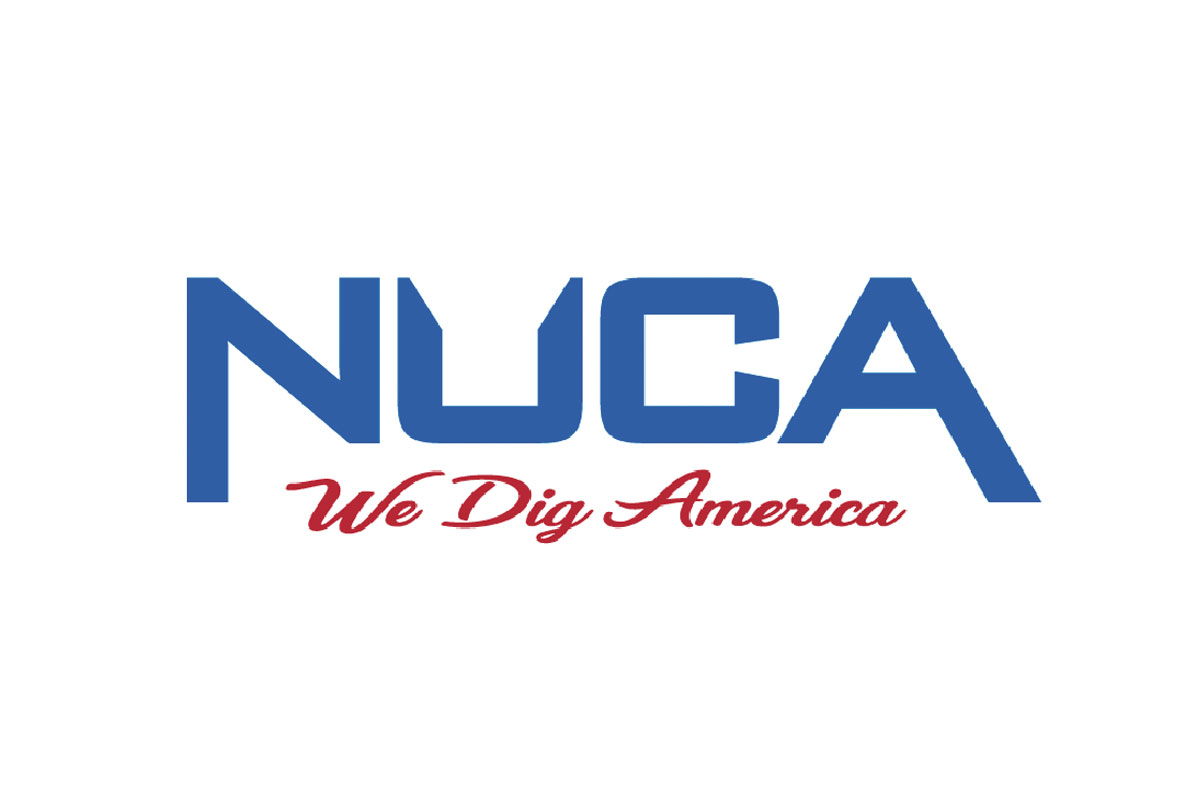How Does Congress Plan to Implement the Landmark Infrastructure Law?
NUCA’s Demands for Congress
NUCA made history last November at our fall Washington Summit. During the association’s fall advocacy fly-in to Washington, D.C., over 100 chapter members walked the halls of Congress and urged their lawmakers to pass pending legislation increasing investment in core infrastructure across the country. And as it turned out, the timing of NUCA’s Summit could not have been better.
This landmark bipartisan infrastructure bill, the Infrastructure Investment and Jobs Act (IIJA), was passed by Congress days later on November 15, 2021, and sent to President Biden for his signature. The IIJA will result in $1.2 trillion invested in core infrastructure, including significant increases for water and wastewater infrastructure. In fact, over the next five years under IIJA funding, the utility construction industry will receive the largest federal infrastructure investment in its history.
Washington’s regulatory departments are now in the implementation phase for the IIJA legislation. On March 8, the U.S. Environmental Protection Agency (EPA) released a formal memorandum detailing plans for water infrastructure improvement via IIJA. The memo states that $43 billion from the crucial bipartisan infrastructure law will flow through the Clean Water and State Revolving Funds (SRFs), detailing guidelines on how the EPA will award and administer supplemental SRF Capitalization Grants.
With a focus on disadvantaged communities, the grants will address drinking water and clean water SRF programs, lead service lines, and per- and polyfluoroalkyl and substances (PFAS) and other emerging contaminants. The funding will also support plans to “renew America’s water workforce and create good-paying jobs in communities across America,” according to the EPA’s memo.
Funneling $43 billion through the SRFs is just the beginning. Until 2040, the EPA estimates that about $472 billion will be needed to improve America’s drinking water infrastructure, and NUCA predicts an additional $271 billion will be needed to maintain and replace wastewater and stormwater systems.
Six million lead service lines still remain in U.S. cities. Without an additional $30 billion of funding in lead pipe replacement, President Biden’s promise to replace every lead pipe in America will go unfulfilled. NUCA is seeking additional resources to replace these obsolete pipes.
Acquiring additional infrastructure resources remain at the top of NUCA’s legislative agenda. State and municipal infrastructure bonds, like private activity bonds, also have the capability to fund lead pipe replacement around the country. Reforming federal private activity bond laws would allow for private money to assist public resources in building out utility construction projects. Unlocking private finance for infrastructure could finally close the funding gap and replace the existing lead service lines in American communities. It could also fund many more ordinary infrastructure projects around the nation, too.
In addition to pushing for increased infrastructure funding, NUCA has consistently urged Congress to support America’s workforce in order to meet the workforce demands that will come with implementing IIJA. Doug Carlson, NUCA’s CEO, shed light on the industry’s frustration with workforce shortages in a press statement released in early February.
“Over the next five years, we’re going to be building and repairing billions of dollars of water, wastewater, highway, broadband, and airport infrastructure. Our contractors are already offering considerably higher wages to Americans to fill these jobs, but we just can’t find enough. An increase in the H-2B visa program slots available is welcome, but we need those numbers to significantly grow, and only Congress can make those increases,” said Carlson.
Immigration issues are just one approach to workforce labor demands, but Congress can change laws quicker than job training programs can graduate new students. The extension of an additional 20,000 H-2B temporary non-agricultural worker visas for fiscal year 2022 was announced back in January by the U.S. Dept. of Homeland Security. The increase of available H-2B visas was welcome news for some of America’s utility construction companies, but the industry is still short about 230,000 employees to fill open jobs. In order to meet the $1.2 trillion core infrastructure law’s labor-intensive demands, Congress needs to do more to support the utility construction industry’s workforce development.
NUCA will serve as the voice of the utility construction industry this May in the upcoming NUCA Spring 2022 Washington Summit. Chapter members will get the opportunity to tell Congress what it is going to take to implement the biggest legislative win this industry has ever seen. We have been given the resources, but the job is far from done. The Summit’s agenda will push for workforce development, urge Congress to replace every lead pipe in the US, and promote the use of private activity bonds to fill infrastructure funding gaps.
Registration and accommodations for the NUCA Spring Washington Summit (May 23-25, 2022) are now open online at WeDigAmerica.org. We hope to see you all in D.C. in a few weeks to remind Congress that #NUCADigs!
Tags: March/April 2022 Print IssueRyan Lake Schrader of Wyman Associates is a registered lobbyist for NUCA.



